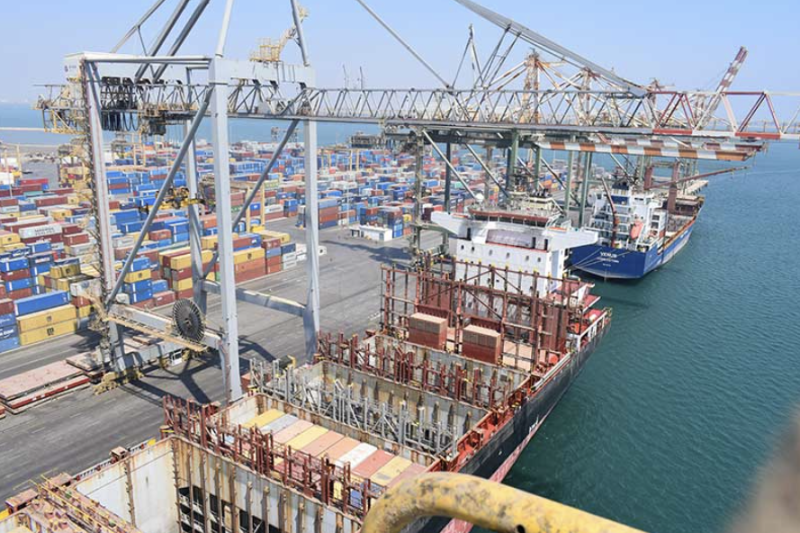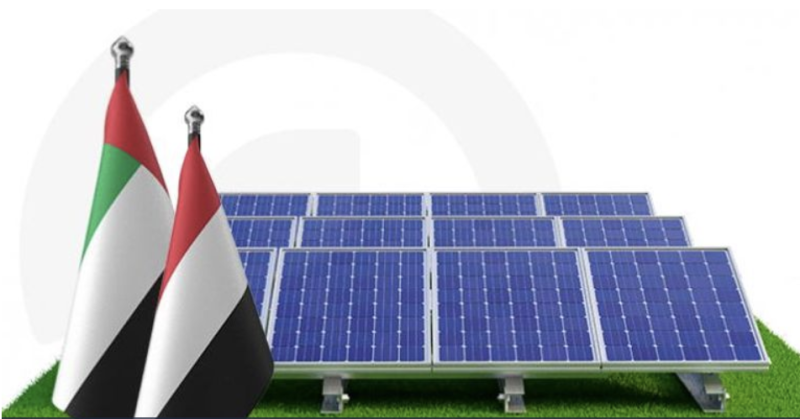Humanitarian Action for Children 2022 - Yemen


HIGHLIGHTS
Yemen remains one of the world’s worst humanitarian crises. Protracted armed conflict, widespread economic collapse, and overstretched national systems and services have left 70 per cent of the total population, including 11.3 million children, in need of humanitarian assistance.2 The protracted situation severely impacted the health and nutrition of children, with nearly 400,000 children severely malnourished and 2.3 million children acutely malnourished.3 The COVID-19 pandemic further strained the fragile health system and exacerbated the underlying protection and gender-related vulnerabilities of children, adolescents and women.
UNICEF’s humanitarian strategy in Yemen has a dual focus on direct life-saving assistance and system strengthening, in order to strengthen the linkages between humanitarian action and development/ resilience programming. The COVID-19 response involves protecting children and their families from infection, minimizing mortality, and supporting the continuity of essential services.
UNICEF requires US$484.4 million to respond to the humanitarian crisis in Yemen in 2022.
Children's nutrition is increasingly threatened, with life-long consequences. Across the country, acute malnutrition is now at serious levels.
HUMANITARIAN SITUATION AND NEEDS
Almost seven years since the conflict began, Yemen remains one of the worst humanitarian crises in the world, with 20.7 million people – 70 per cent of the total population – in need of humanitarian assistance.8 The conflict has left nearly 4 million people, including 2 million children, internally displaced, in addition to 422,000 migrants and asylum seekers.9 The operating environment in Yemen consists of warring parties and separate governance structures and continues to pose significant challenges in delivering critical life-saving services to women, children and their families throughout the country. More than 45 districts remain directly affected by conflict across active frontlines, mainly in the Marib, Hodeida, Al Bayda, Abyan, Al Jawf, Taiz, Ad Dali and Sa’ada governorates. Children are the primary victims of the war. Over 8,526 grave violations against children were recorded between 2019 and 2020, including denial of humanitarian access, killing and maiming, and the recruitment and use of children. More than 3,500 children suffered one or more grave violations.10
The war's impact on children is staggering. Nearly 400,000 children under 5 years of age suffer from severe acute malnutrition,11 and over 15.4 million people urgently need WASH services.12 These conditions heighten the risk of cholera, malnutrition, and other WASHrelated diseases. Immunization coverage has stagnated at national level, with 37 per cent of children under 1 year of age missing routine vaccinations.13 The country is experiencing regular outbreaks of measles, diphtheria, and other vaccine-preventable diseases. Since 2019, Yemen confirmed 35 cases of vaccine-derived poliovirus,14 34 of which were in the Sa'ada governorate.15 By September 2021, Yemen confirmed 9,143 cases of COVID-19, including 5,661 recoveries and 1,735 deaths.16 The pandemic has put added pressure on the already fragile health system, with more than half of health facilities not functioning. Global shortages and breaks in the supply chain could cause further loss of household income, rising food prices and general inflation.17 The number of out-of-school children in Yemen has doubled since the conflict began, reaching over 2 million school-aged girls and boys by 2021. More than 400,000 have been pushed out of school directly by the war: 2,575 schools have been damaged, used as shelter by internally displaced people, or occupied by armed groups.18 The current humanitarian crisis in Yemen has increased the vulnerability of children and women to exploitation, violence and abuse, including child labour, forced recruitment, domestic and gender-based violence, child marriage and psychosocial distress.

Aden — Ports under the authority of Yemen’s internationally recognized government have received more than two million metric tons of fu…

Mukalla — Local authorities in Hadramout have announced the inauguration of Yemen’s first solar-powered cement station, a landmark proj…

AbuDhabi -- The United Arab Emirates has pledged $1 billion to bolster Yemen’s electricity sector, marking one of the largest development com…